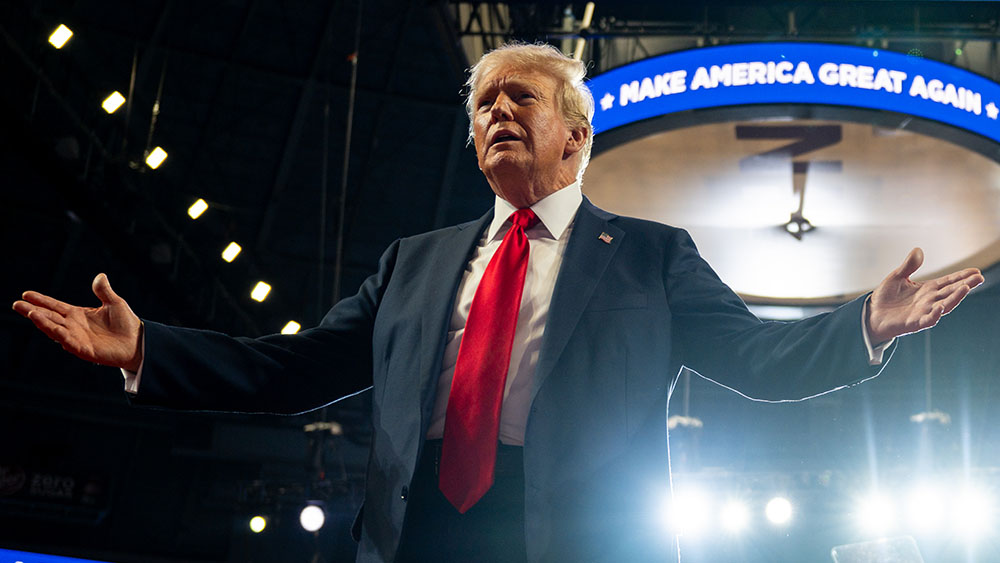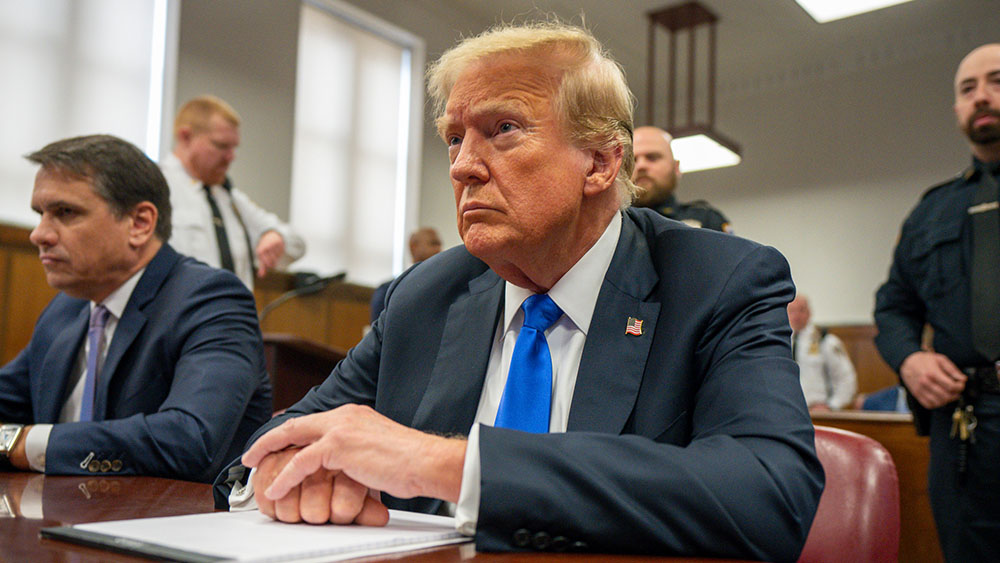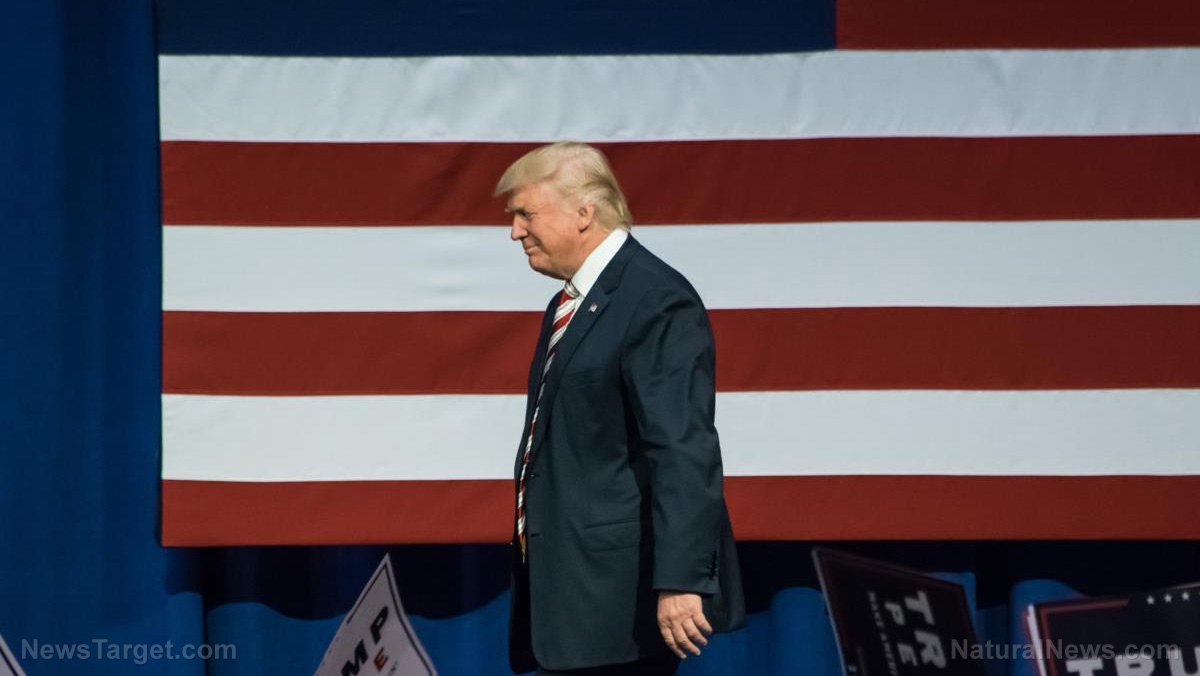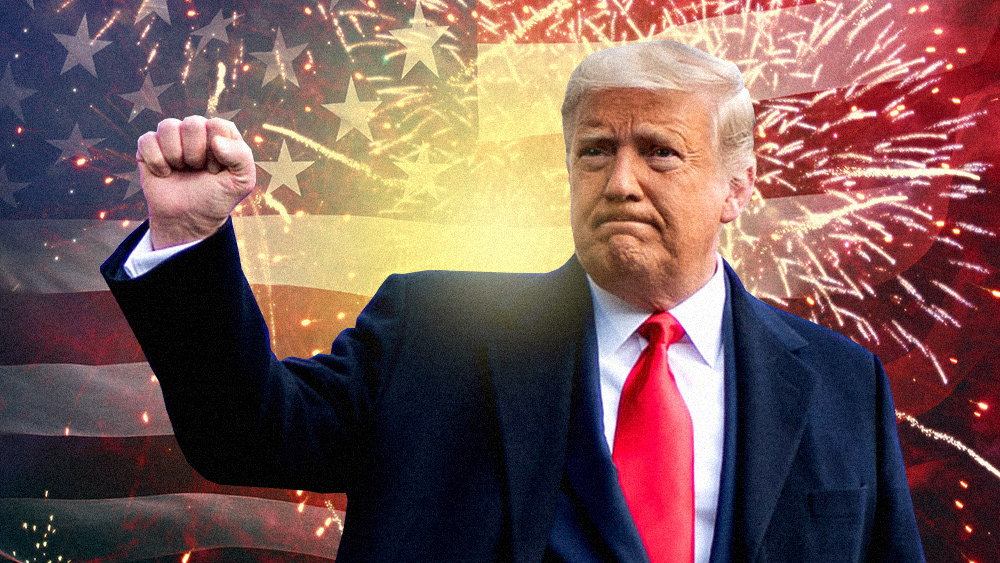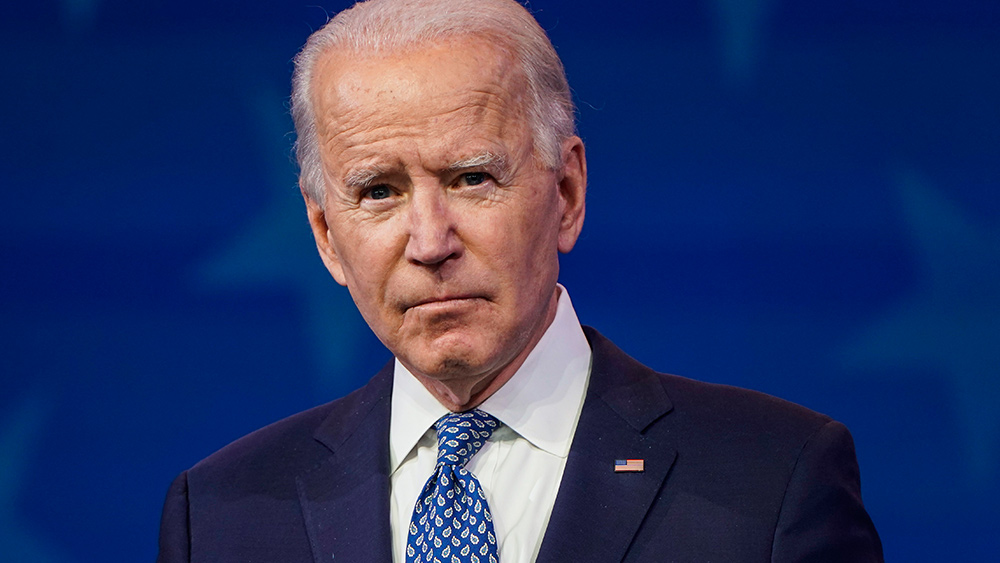
In a unanimous decision that likely shocked many, the Supreme Court of the United States (SCOTUS) ruled that Donald Trump's name will remain on both primary and general state ballots for the 2024 election, much to the gnashing of teeth of his opponents.
Reversing several state-level removals of Trump's name, including in Colorado, Illinois and Maine, SCOTUS in a 9-0 decision ruled that the states' citing of an interpretation of the U.S. Constitution's 14th Amendment provision is flawed, meaning states cannot erase Trump from the ballot claiming he engaged in an "insurrection" or "rebellion" with what happened at the U.S. Capitol on Jan. 6, 2021.
Representing the first time in U.S. history that SCOTUS has ever considered Section 3 of the 14th Amendment, the decision is already triggering some leftists into claiming that the Supreme Court itself is no longer valid.
"This is another example among many that are playing out right now of the Supreme Court playing a huge role in American elections, and it's not necessarily the case that that's a good thing for the Supreme Court," complained NBC's Ken Dilanian, who proceeded to accuse SCOTUS of "interfer[ing] in the election."
"The approval levels of the court poll at historic lows ... It's going to be seen by many people as the court essentially interfering in some sense in the election, and so this is all sort of playing out here in terms of how we assess the Supreme Court and its legacy."
MSNBC’s @DonnaFEdwards: “Not since Bush v. Gore have we seen a Court that’s had this many opportunities to interfere in the election” pic.twitter.com/GcabhUpkKh
— Tom Elliott (@tomselliott) March 4, 2024
CNN also had a meltdown over the decision, complaining that "unfortunately for America, the court isn't necessarily wrong that this is the way the Framers wanted it to be."
?WATCH: CNN tries to hold it together after 9-0 Supreme Court decision on the Trump Colorado ballot case:
“Unfortunately for America, the court isn’t necessarily wrong that this is the way the Framers wanted it to be.” ? pic.twitter.com/dPbwTgLUH8
— News Nomad ? (@The_Nomad_News) March 4, 2024
(Related: According to Trump, the United States will see "obliteration" unless he is reelected president in 2024.)
Trump says he's not an insurrectionist, Biden is
The argument made by Trump's lawyers to SCOTUS prior to the decision stemmed from the claim that only Congress, and not state governments, can determine who is allowed to become president according to the 14th Amendment.
What Colorado, which led the pack, did in removing Trump's name from the ballot represents "the first time in the history of the United States that the judiciary has prevented voters from casting ballots for the leading major-party presidential candidate," Trump's lawyers argued, adding that the decision "is not and cannot be correct."
Trump was quick to speak out against Colorado's decision himself on social media, arguing that he is "not an insurrectionist," but that Joe Biden is one. Trump then claimed that what his supporters did on January 6 was merely a protest that was conducted "peacefully and patriotically" during his same-day rally.
While SCOTUS was initially reluctant to take up the matter, it ultimately decided that no single state, or even collection of states, can decide for the rest of the country which candidates qualify for president.
"The fact that it took the Supreme Court to settle this is terrifying," commented someone on the internet about the matter.
"It's going to get crazy, folks," said another about the expected response to all this from the other side of the political aisle.
The latest news about Trump's bid for the presidency in 2024 can be found at Trump.news.
Sources for this article include:
Please contact us for more information.















